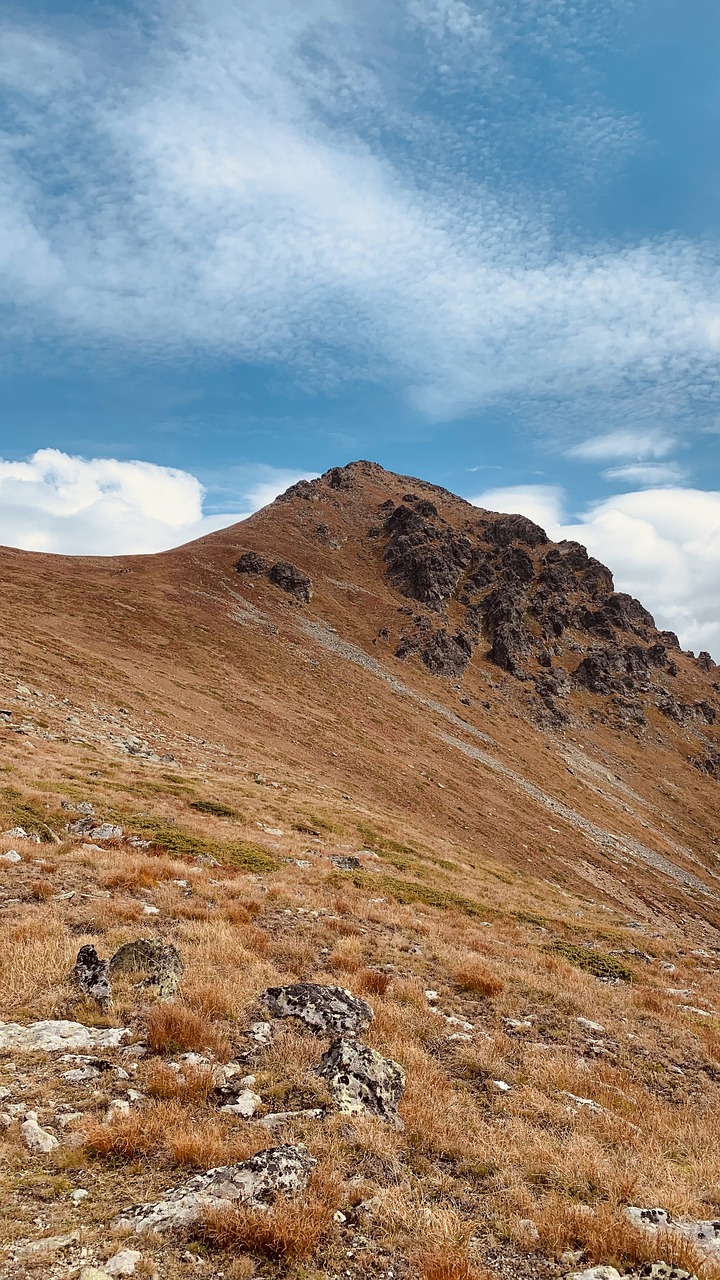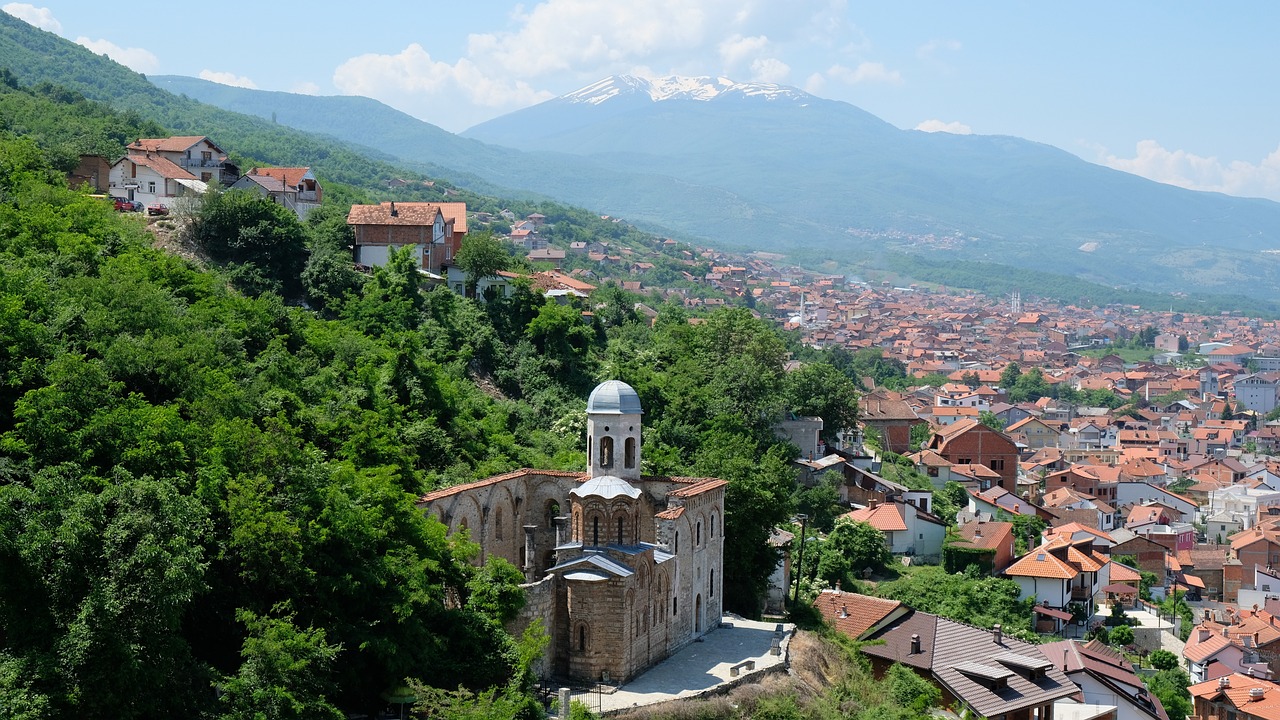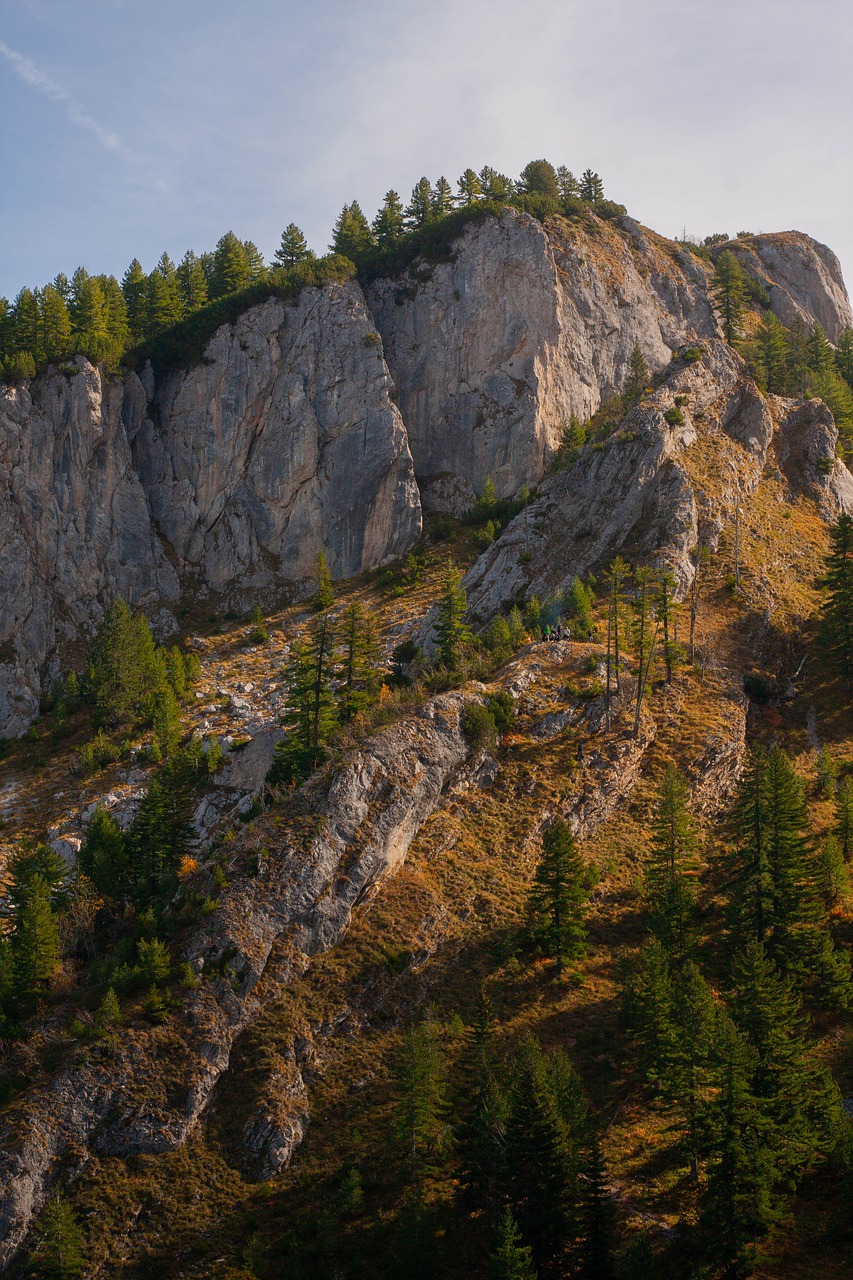Cultural Sensitivities: Understanding Local Norms in Kosovo
Kosovo, a landlocked country in the Balkan Peninsula, is known for its rich cultural heritage and diverse traditions. To truly appreciate and respect the local customs, it is essential to understand the cultural sensitivities and norms that shape the daily lives of its people. This article aims to provide detailed insights into the various aspects of cultural sensitivities in Kosovo, allowing visitors to engage with the local community in a respectful and meaningful manner.
Language and Communication
Kosovo’s official languages are Albanian and Serbian, reflecting the country’s diverse ethnic composition. While Albanian is the most widely spoken language, Serbian is also prevalent in certain regions. English is often spoken in urban areas and tourist destinations, making communication easier for visitors. However, learning a few basic phrases in Albanian or Serbian can greatly enhance interactions and show respect for the local culture.
- Greetings: In Kosovo, greetings are an important part of daily interactions. It is customary to greet people with a handshake and maintain eye contact. Men may also greet each other by hugging or patting each other on the back.
- Titles and Names: When addressing someone, it is polite to use their title (if applicable) followed by their last name. Using first names alone may be seen as overly familiar, especially when interacting with older individuals or people in positions of authority.
- Non-Verbal Communication: Non-verbal cues, such as gestures and body language, play a significant role in communication. It is important to be aware of cultural differences in non-verbal communication to avoid misunderstandings. For example, direct eye contact is considered respectful, while pointing with the index finger may be seen as impolite.
- Gift Giving: When invited to someone’s home, it is customary to bring a small gift, such as flowers or chocolates. Gifts should be given with both hands and received graciously.
Social Etiquette
Understanding social etiquette in Kosovo is crucial for building positive relationships and avoiding unintentional offense. The following points highlight key aspects of social etiquette in the country.
- Hospitality: Kosovars are known for their warm hospitality. Guests are often treated with utmost respect and generosity. It is customary to remove shoes when entering someone’s home and to accept any food or drink offerings as a sign of appreciation.
- Respecting Elders: In Kosovo, respect for elders is deeply ingrained in the culture. It is important to show deference to older individuals and seek their guidance and wisdom.
- Dress Code: While there are no strict dress codes in Kosovo, it is advisable to dress modestly, especially when visiting religious sites or rural areas. Revealing clothing may be seen as disrespectful.
- Table Manners: When dining with locals, it is customary to wait for the host to start eating before beginning your meal. It is also polite to finish all the food on your plate as a sign of appreciation.
Religious Practices
Kosovo is home to a diverse range of religious communities, with Islam and Christianity being the predominant faiths. Understanding and respecting religious practices is essential when visiting religious sites or interacting with individuals of different faiths.
- Mosques: When visiting mosques, it is important to dress modestly and remove shoes before entering. Women may be required to cover their heads with a scarf.
- Churches and Monasteries: When visiting churches or monasteries, it is important to dress modestly and observe any rules or restrictions outlined by the religious institution.
- Religious Festivals: Kosovo celebrates various religious festivals throughout the year. It is respectful to learn about these festivals and, if appropriate, extend greetings or participate in local customs.
Cuisine and Dining
Kosovo’s cuisine reflects its multicultural heritage, combining flavors from Albanian, Serbian, and Ottoman traditions. Exploring the local cuisine provides an opportunity to engage with the culture and traditions of Kosovo.
- Traditional Dishes: Kosovo is known for dishes such as burek (a savory pastry), flija (layered pancake), and tavë kosi (baked lamb with yogurt). Trying these traditional dishes allows visitors to experience the authentic flavors of the country.
- Meals as a Social Event: In Kosovo, meals are often seen as a social event, bringing friends and family together. It is common for meals to be shared communally, with everyone serving themselves from a central dish.
- Respecting Dietary Restrictions: Some individuals in Kosovo may follow dietary restrictions due to religious or personal reasons. It is important to respect these restrictions and inquire about any dietary preferences or allergies when hosting or attending meals.
Arts and Crafts
Kosovo has a rich artistic heritage, with various forms of traditional arts and crafts. Exploring these art forms allows visitors to appreciate the cultural significance and creativity of the local community.
- Embroidery: Traditional embroidery, known as qeleshe, is a distinctive craft in Kosovo. It is often used to decorate clothing and accessories, showcasing intricate patterns and vibrant colors.
- Woodcarving: Woodcarving is another traditional craft in Kosovo, with artisans creating intricate designs on furniture, household items, and decorative pieces.
- Folk Music and Dance: Folk music and dance play an integral role in Kosovo’s cultural identity. Attending traditional performances allows visitors to immerse themselves in the lively rhythms and vibrant costumes.
Kosovo Image 1:

Traditional Celebrations
Kosovo celebrates various traditional festivals and events throughout the year, providing a glimpse into the cultural heritage and customs of the country.
- New Year’s Day: New Year’s Day is celebrated with fireworks, music, and festive gatherings. It is a time for family and friends to come together and welcome the new year.
- Independence Day: Kosovo’s Independence Day, celebrated on February 17th, commemorates the country’s declaration of independence in 2008. Festivities include parades, concerts, and cultural events.
- Religious Holidays: Kosovo observes various religious holidays, including Eid al-Fitr (celebrating the end of Ramadan), Christmas, and Orthodox Easter. These holidays are marked with special prayers, family gatherings, and traditional meals.
Kosovo Image 2:

Environmental Awareness
Kosovo’s natural beauty, including its mountains, lakes, and national parks, is a testament to its environmental wealth. Visitors should be mindful of their impact on the environment and engage in responsible and sustainable practices.
- Littering and Waste: It is important to dispose of waste properly and avoid littering in natural areas. Use designated trash bins or take your trash with you when visiting outdoor spaces.
- Conservation: Respect the flora and fauna of Kosovo by refraining from damaging or removing plants, disturbing wildlife, or engaging in activities that may harm the environment.
- Water Conservation: Kosovo, like many regions, faces water scarcity issues. Conserve water by taking shorter showers, turning off taps when not in use, and using water responsibly.
Historical Sites
Kosovo is home to numerous historical sites that bear witness to its rich past. Exploring these sites offers a glimpse into the country’s history and cultural heritage.
- Gračanica Monastery: This UNESCO World Heritage Site is an architectural masterpiece, showcasing Byzantine and Serbian medieval influences. It is renowned for its frescoes and religious significance.
- Pristina National Library: Designed by renowned architect Andrija Mutnjaković, this striking library is a symbol of Kosovo’s intellectual and cultural heritage. Its unique design attracts visitors from around the world.
- Rugova Gorge: Rugova Gorge is a natural wonder, offering stunning landscapes and outdoor activities such as hiking and rock climbing. It is a popular destination for nature enthusiasts.
Kosovo Image 3:

Conclusion
By understanding and respecting the cultural sensitivities and norms in Kosovo, visitors can forge meaningful connections, appreciate the country’s heritage, and create memorable experiences. From language and communication to social etiquette, religious practices, cuisine, arts, and environmental awareness, embracing the local customs enriches the travel experience and fosters mutual respect between visitors and the people of Kosovo.
References
– Ministry of Foreign Affairs, Republic of Kosovo: mfa-ks.net
– Kosovo Tourism: koha.net/turizmi
– UNESCO World Heritage Centre: whc.unesco.org

